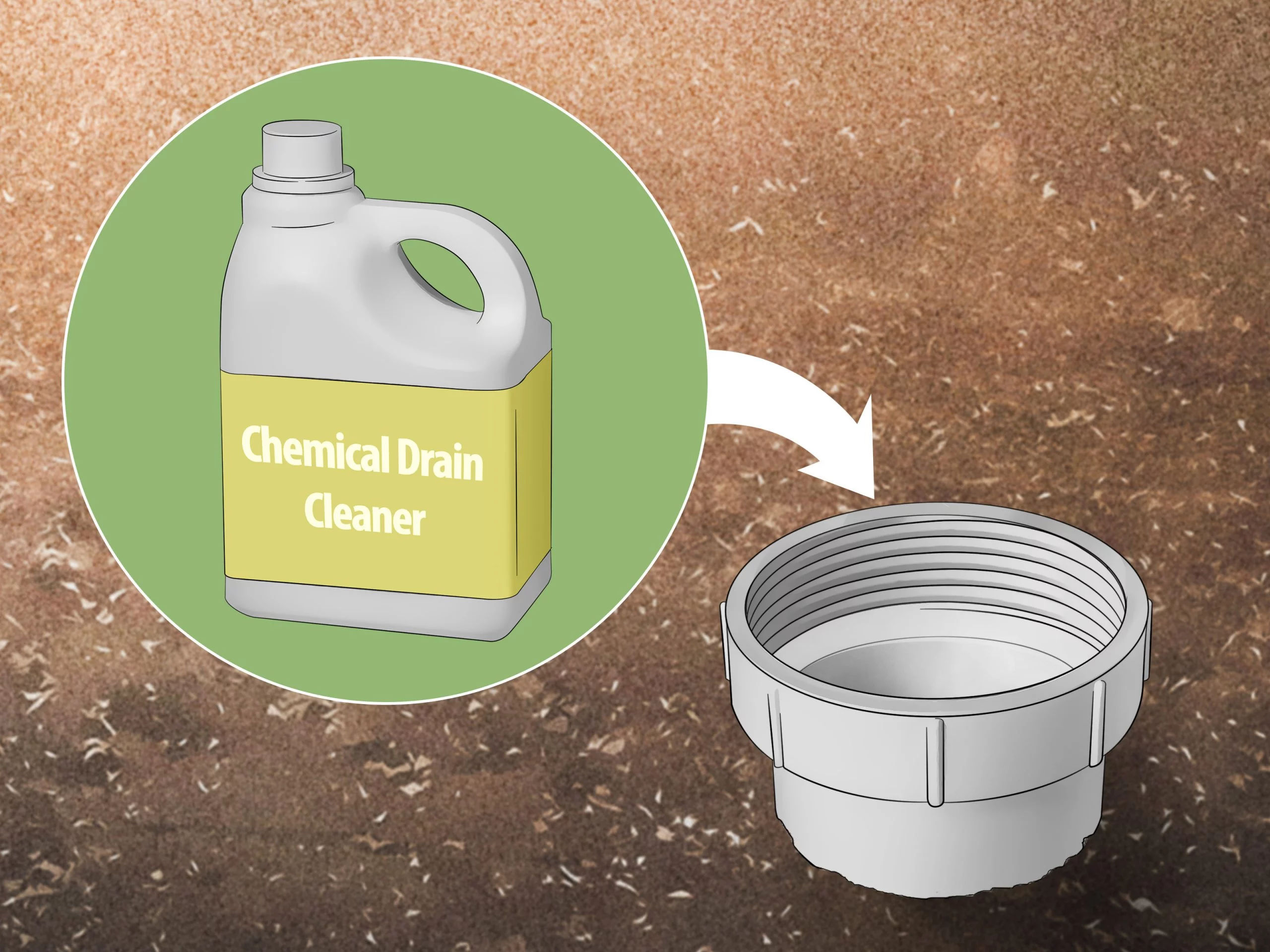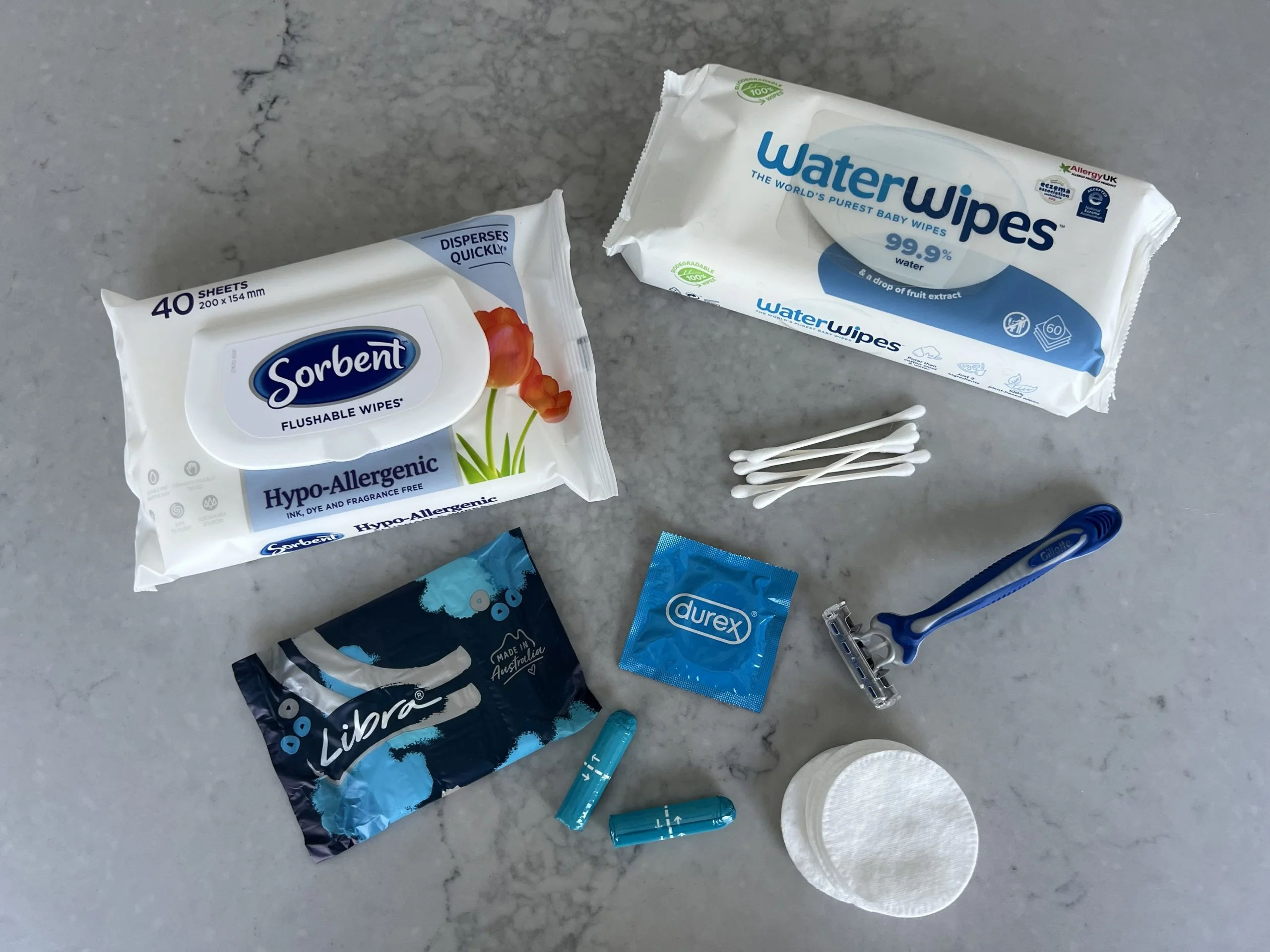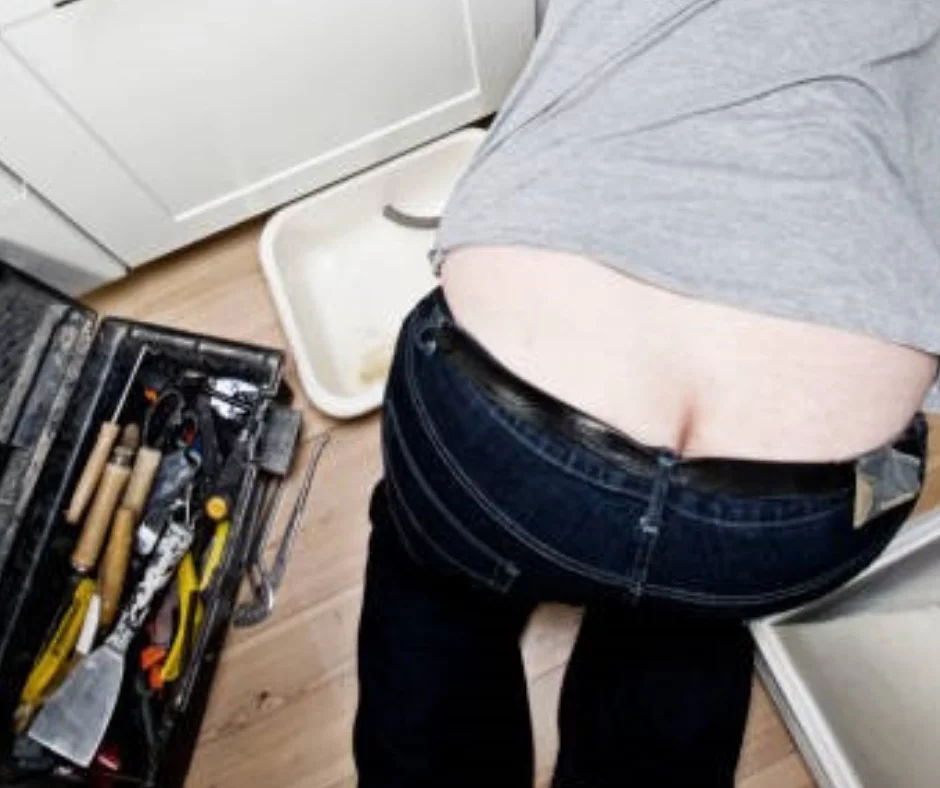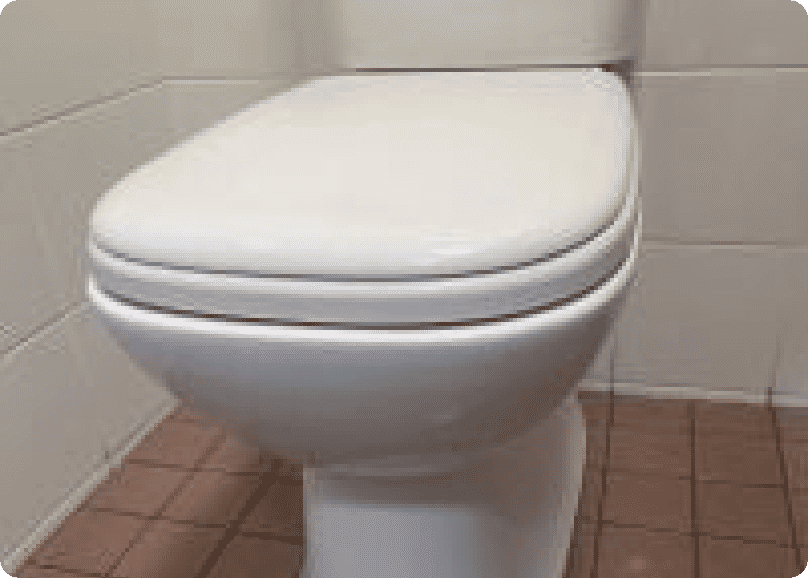Are Chemical Drain Cleaners A Good Idea
- William Demirdonder
- Oct 11, 2020
- No comments
- 15-minute read

Drain cleaners can be extremely toxic. Not only are they potentially dangerous if you have children around your home, but they can also cause your pipes to deteriorate from the inside out, meaning a replacement of your drain line could be looming. If you are still wanting to use a drain cleaner, perhaps search for some friendlier, less harmful concoctions. But for serious clogs, we recommend leaving it to the professionals.
Be they liquid, gel or powder form, most of the drain cleaners you’ll find on store shelves use strong chemicals, and they come in liquid, gel and powder forms. All chemical reactions involve moving electrons, and drain cleaners work by either taking or giving electrons to the clogging substance, generating heat in the process. There are three main types of drain cleaners:
Because most of these products generate heat, they may soften the polyvinyl chloride, or PVC, pipes found in homes today. However, such damage is rare if you use the drain cleaner as directed — damage is more likely to occur when drain cleaner is used on older, metal pipes.
7 seconds…
Aside from their effect on pipes, there are other disadvantages to chemical drain cleaners. They’re extremely toxic if swallowed, and they can burn eyes, skin and mucous membranes and eat through clothing. They can release noxious fumes, and if used improperly, they can cause explosions. These products can also harm septic systems by killing beneficial bacteria, and they can mar bathroom and kitchen fixtures.
If you use chemical drain cleaners, read the directions carefully and heed all the warnings. Use the product in a well-ventilated area, wear rubber gloves, and keep children and pets away from the drain. Never mix different drain cleaners, and don’t use a plunger in conjunction with drain cleaners.
Most drain cleaners advise waiting 15 minutes or more after pouring the product into the drain before flushing it with hot water. If your drain is still clogged afterwards, you may need to repeat the process.
It happens to everyone, but it can be embarrassing when you have house guests, and dirty water backs up in your sink or tub. You may feel conflicted because you don’t want harsh chemicals in your home, but you want clear drains, so use non-toxic products.
We have solutions and tips to help keep your home drains toxic free and clean!
Going Green is the thing these days!
Green enthusiasts are taking thoughtful strides toward an eco-friendly environment.
So how does this work with household issues like clogged drains? Home remedies of course!
1. Dish Soap and Hot Water
Boil about two liters of water and mix in a few tablespoons of liquid dish soap. Take this mixture and slowly pour down the sink.This method may take a few tries, but it will work great on grease clogs because it is heating the grease back to a liquid so it can travel all the way out of the pipe
2. Wire Coat Hanger
Straighten the hanger out but leave the hook. Make sure you have a grocery bag or something to discard your findings.
Use the hook end of the hanger to fish in the drain and pull up any food or hair build-up that is clogging the passageway in the pipe. After removing as much as you possibly can, run hot water down the sink.
3. Baking Soda & Vinegar
Clear the area around your sink and put a 1/2 cup of baking soda down the drain. Follow that with a 1/2 cup of vinegar. Now plug your drain and let it sit for an hour.
Then, unplug the drain and pour a pot of boiling water down it. Continue pouring boiling water down the drain until it is clear.
4. Salt, Borax, and Vinegar
Start with 1/4 cup of salt, 1/4 cup of Borax, and then a 1/2 cup of vinegar. Add a pot of boiling water and let it sit for at least an hour or until it clears.Finally, rinse with hot tap water to clear all ingredients down the drain.
5. Baking Soda & Salt
Mix salt and baking soda together. About a 1/2 cup of each and pour down the drain. Let it sit for a minimum of a half hour or as long as overnight. Once it has a significant time, clear it with a pot of boiling water.The tougher the clog, the longer it needs to sit.
6. Plunger
This tactic is mainly for the kitchen sink. Food gets stuck at the curve of the drain under the sink where it’s hard to reach with a hook, so try a plunger to clear it. First, empty your sink of any dishes or rags.Fill the sink halfway with warm tap water and plunge away. We recommend a rubber plunger.
Green solutions are safer to breathe than toxic chemicals. They won’t eat away at your pipes, which will save you money and headaches down the road. Overall, it is just a great way to help out the environment!
Synthetic cleaners have sodium hydroxide or sulfuric acid in them. This means they will eat away at the pipes. It doesn’t matter if the pipes are made of metal or plastic these chemicals will eat at them over time. They are tempting to use because these types of cleaners tend to work faster and are cheaper than a plumber upfront, but they will cause more problems in the long run.
Here are some additional tips:
Understanding your home insurance and what you are covered for when it comes to plumbing can be overwhelming. Do you have cover if the land mower of your neighbour damages part of your pipeline?....
Read MoreFatbergs are created when you flush down wet wipes or “flushable” wipes down the toilet and they get caught up in your pipes with a combination of any oils, fats or grease poured down the ....
Read MoreImagine you’re in the midst of a plumbing emergency (we’ve all been there) and you desperately need an ace plumber on your door step. We doubt in the middle of a plumbing emergency you&rs....
Read MoreIrrespective of how hard you try, sometimes a toilet or bathroom clog is unavoidable. Whatever might be the reason for the clog, you need to clear the same. When you wish to fix the problem, a plunger....
Read More



Leave a Reply
Your email address will not be published. Required fields are marked *